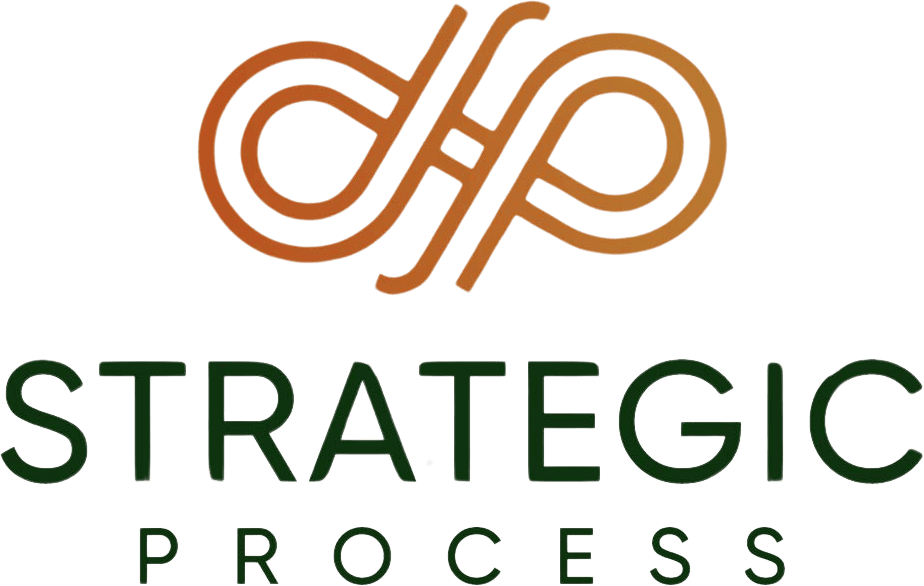In an era defined by rapid technological advancements, shifting market dynamics, and unpredictable global events, adaptability has emerged as one of the most crucial traits for effective business leadership. As the business landscape continues to evolve at an unprecedented pace, leaders who can adapt to change not only survive but thrive. The ability to pivot, reassess, and implement new strategies in response to emerging challenges is what separates successful organizations from those that falter.
Adaptability in business leadership is not just about reacting to change; it’s about anticipating it, preparing for it, and leveraging it to gain a competitive advantage. Leaders who embrace adaptability are better equipped to navigate uncertainty, seize new opportunities, and steer their organizations toward sustained success.
One of the key reasons adaptability is so vital in business leadership is the constant evolution of technology. New technologies are reshaping industries at an accelerating rate, disrupting traditional business models, and creating new opportunities for innovation. Leaders who are adaptable are not only open to adopting new technologies but also proactive in understanding how these technologies can be integrated into their operations to enhance efficiency, improve customer experiences, and drive growth.
Consider the rise of artificial intelligence (AI) and machine learning. These technologies have transformed how businesses operate, from automating routine tasks to providing deep insights through data analytics. An adaptable leader sees the potential of AI not as a threat but as a tool to augment human capabilities and improve decision-making processes. By staying ahead of technological trends and encouraging a culture of innovation, adaptable leaders position their organizations to capitalize on the benefits of these advancements.
Beyond technology, adaptability is also critical in responding to changing market conditions. Economic shifts, regulatory changes, and fluctuations in consumer behavior can all have significant impacts on a business. Leaders who are rigid in their approach may struggle to respond effectively, while those who are adaptable can quickly reassess their strategies and pivot as needed.
For example, during economic downturns, an adaptable leader might identify new revenue streams, cut costs in non-essential areas, or adjust pricing strategies to maintain profitability. In contrast, a leader who is resistant to change may continue with the status quo, leading to missed opportunities and potential losses. The ability to pivot in response to market changes is a hallmark of an adaptable leader and is essential for long-term business resilience.
Adaptability also plays a critical role in managing and leading teams. Today’s workforce is diverse, with employees from different generations, cultural backgrounds, and skill sets. An adaptable leader recognizes that a one-size-fits-all approach to management is no longer effective. Instead, they tailor their leadership style to meet the unique needs and preferences of their team members, fostering an inclusive and supportive work environment.
For instance, younger employees may value flexibility and opportunities for professional development, while more experienced team members might prioritize stability and work-life balance. An adaptable leader understands these differences and adapts their approach to motivate and engage each team member effectively. This not only enhances employee satisfaction and retention but also drives better overall performance.
Moreover, adaptability in leadership fosters a culture of continuous learning and improvement. Adaptable leaders are not afraid to admit when they don’t have all the answers. Instead, they actively seek out new knowledge, learn from their experiences, and encourage their teams to do the same. This willingness to learn and grow is essential for staying relevant in an ever-changing business environment.
In practice, this might involve leaders taking on new challenges outside their comfort zone, participating in industry conferences, or pursuing further education and training. By demonstrating a commitment to personal and professional growth, adaptable leaders inspire their teams to adopt a similar mindset, creating a culture of innovation and excellence.
Another critical aspect of adaptability is resilience—the ability to recover from setbacks and persevere in the face of adversity. In business, challenges and obstacles are inevitable. Whether it’s a failed product launch, a sudden economic downturn, or an internal crisis, how a leader responds to these situations can determine the future of their organization. Adaptable leaders view setbacks not as insurmountable barriers but as opportunities to learn, grow, and emerge stronger.
For example, during the COVID-19 pandemic, many businesses faced unprecedented challenges. Adaptable leaders who quickly pivoted to remote work, adjusted their business models, and found new ways to serve their customers were able to weather the storm and, in some cases, even thrive. This ability to adapt under pressure is a testament to the importance of resilience in leadership.
In conclusion, adaptability is a fundamental trait for business leaders who aspire to guide their organizations through the complexities of the modern world. It involves embracing change, continuously learning, and being willing to pivot when necessary. By fostering a culture of adaptability, leaders can ensure their businesses remain competitive, resilient, and poised for long-term success. In a world where change is the only constant, adaptability is not just an asset—it’s a necessity.



